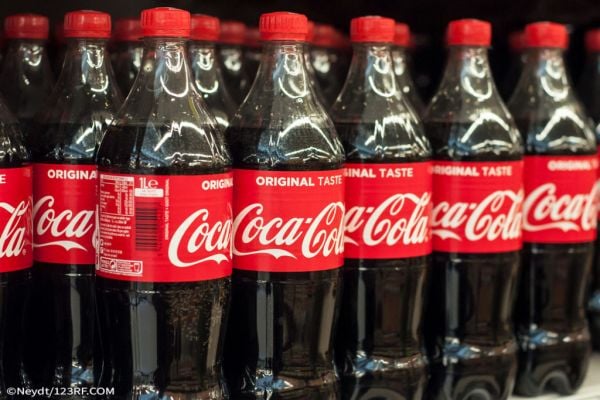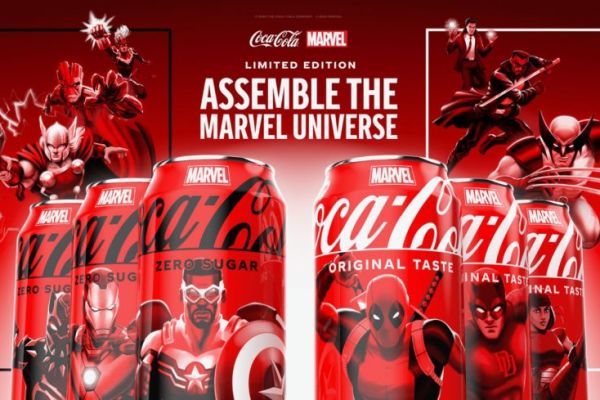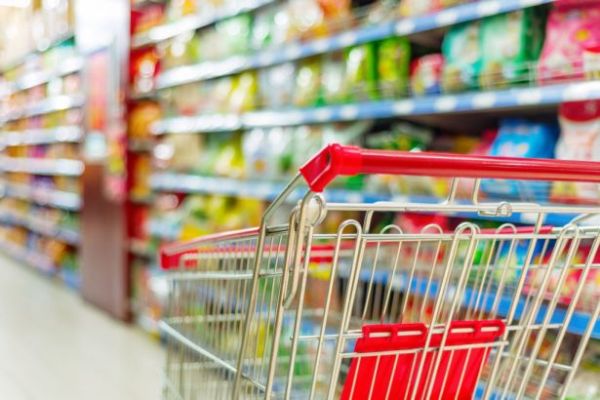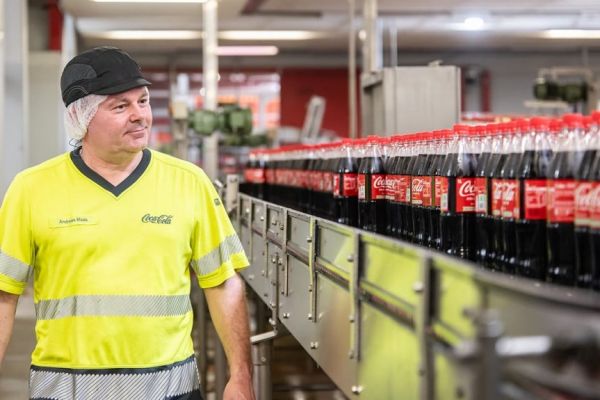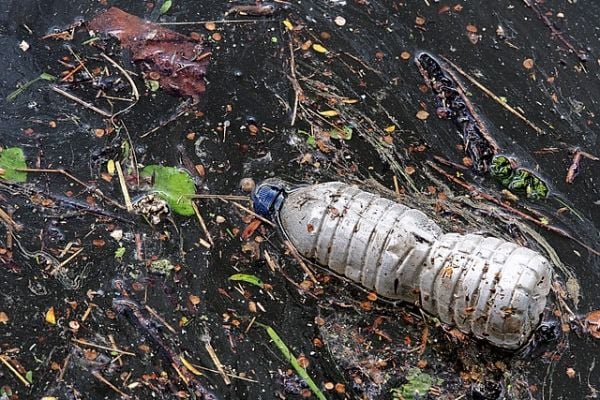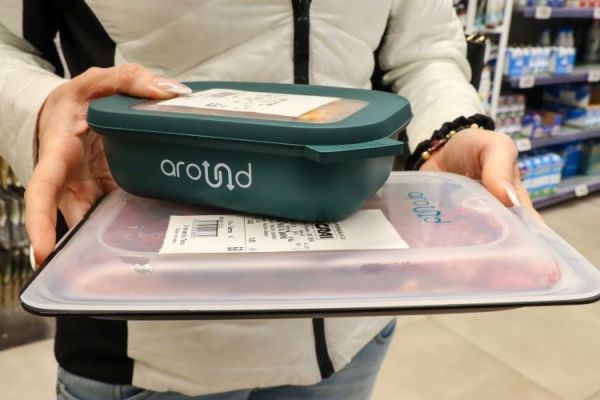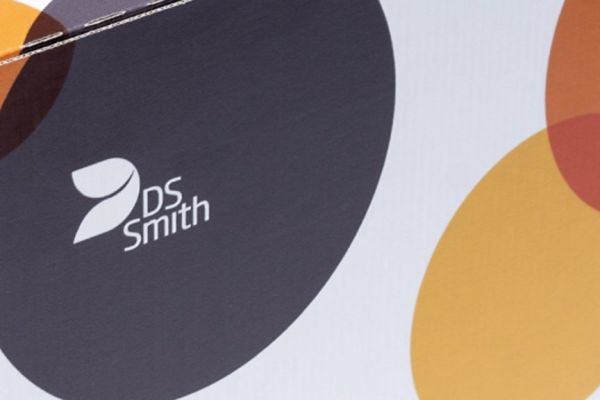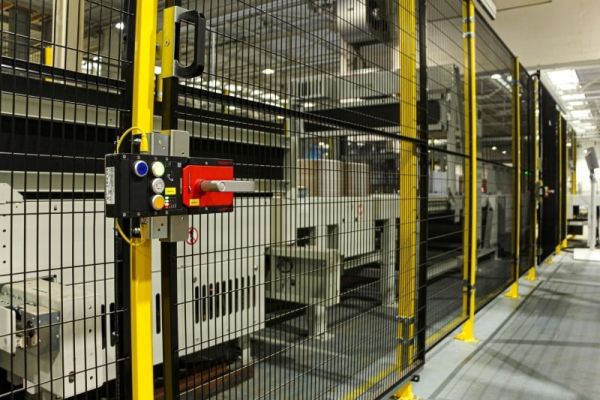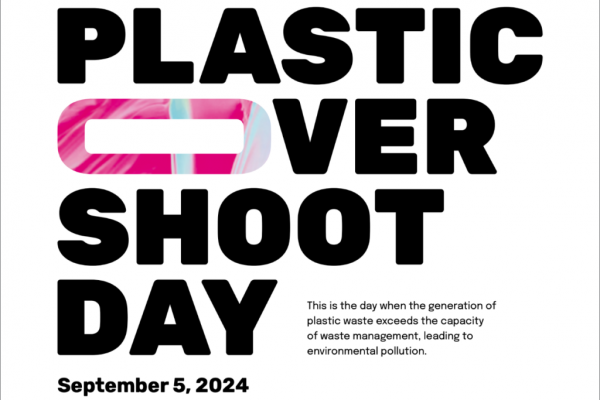Coca-Cola has announced the first planned commercialisation of technologies to convert second-generation biomass to plant-based monoethylene glycol (bMEG), in association with Changchun Meihe Science & Technology and UPM.
Monoethylene glycol (MEG) is one of the major components in polyethylene terephthalate (PET), which is used for plastic beverage bottles.
The new technology marks the most significant advancement in the commercial viability of bioplastics since Coca-Cola introduced the first-generation technology in its PlantBottle packaging in 2009.
The move will commercialise a process that is not only more efficient than current bMEG technologies but is based on feedstock that cannot be used as source of food.
Nancy Quan, chief technical and innovation officer at The Coca-Cola Company, said, "The viability of this next-generation biomaterial is a significant technological breakthrough in our ongoing efforts to reduce our use of virgin oil-based plastics, by increasing our use of recycled and renewable alternatives.
"It can not only help us achieve our commitments to carbon emission reduction but can also enable the entire industry to shift to a more circular economy."
Juuso Konttinen, vice president, Biochemicals at UPM, said, "The decision to commercialise the bMEG technology from The Coca-Cola Company and Meihe was taken after extensive validation, and we are excited about the prospect of widely marketing our products based on the agreement with The Coca-Cola Company."
Plant-Based Monoethylene Glycol
Co-owned and co-developed by Coca-Cola and Changchun Meihe, and now being scaled to commercial quantities by the Finnish forest-based bioeconomy leader UPM, the technology to produce bMEG takes a sugar source and removes the step of creating ethanol as part of the conversion process to produce plant-based MEG.
This means the process is simpler than incumbent processes and provides flexibility in feedstock choice.
First validated at demonstration scale in 2017, this combination of technologies will power a full-scale biorefinery currently being constructed by UPM in Leuna, Germany.
It will produce plant-based monoethylene glycol (bMEG), plant-based monopropylene glycol (bMPG), as well as lignin-based Renewable Functional Fillers (RFF) made from 100% certified hardwood taken from sawmill and other wood industry side-streams.
UPM’s investment will enable a shift from fossil raw materials to renewable alternatives in a large number of consumer end uses, Coca-Cola added.
The biorefinery will ramp up production in 2023 with a total annual capacity of 220,000 tonnes. The products will have a significantly improved CO2 footprint and can be seamlessly integrated in existing material recovery and recycling streams while meeting product performance requirements.
Available For The Whole Industry
Further to Coca-Cola’s earlier announcement that it will be making its PlantBottle technology available to others in the industry, the two companies announced that UPM will be offering commercial quantities of these breakthrough biochemicals to anyone in the industry, including direct competitors to Coca-Cola.
The commercialisation of this technology marks a significant milestone not only in the evolution of renewable glycol production but also more widely in the development of fossil fuel-free PET plastic.
MEG is one of two molecules necessary to create PET, the other being terephthalic acid (PTA).
Investments in the scaling of plant-based, renewable materials like bMEG support Coca-Cola’s ambition and work to reduce the use of virgin oil-based plastics in its packaging, alongside investments to increase the use of recycled content.
Quan added, "It takes years of work to bring a technology from the lab to the market, reflecting our keen focus on developing and delivering sustainable packaging solutions that can bring tangible environmental benefits, once scaled, to the communities we serve.
"We’re excited to continue our work with our partners, Meihe and UPM, to bring this technology to a commercial scale for the first time. Through our agreement with UPM, we invite the wider industry to join us by utilising the material once production has been ramped up at UPM Leuna.”
Bio-Based Forest Industry
UPM is a leader in the bio-based forest industry and aims to create and scale technologies and solutions that provide sustainable alternatives to fossil raw materials, such as biofuels and biochemicals.
The biorefinery in Leuna is an important step forward in the company’s strategy to be a forerunner in the bioeconomy, providing renewable biochemicals for use in a number of consumer applications ranging from packaging, textiles through industrial liquids, cosmetics, and rubber applications.
As part of Coca-Cola’s vision to be net zero carbon by 2050 and its World Without Waste strategy, the company recently announced a goal to use three million tonnes less of virgin plastic from oil-based sources by 2025.
Coca-Cola will invest in new recycling technologies, packaging improvements, new business models and delivery systems, as well as the development of new renewable materials to achieve this target.
Daniela Zahariea, director of technical, innovation, and supply chain at Coca-Cola Europe, said, "In Europe, as we work towards our goal to collect a bottle or can for every one that we sell we are also working closely in parallel with our bottlers to drive down and eliminate the use of oil-based virgin PET from our plastic bottles.
"We will accelerate delivery of this ambition by increasing the use of recycled content and, as we move forward, also replacing some new ‘virgin’ material that is required with renewable, bio-based sources. That is why we are investing and driving innovation to boost the supply of feedstock from renewable sources, in addition to our focus on sources derived from enhanced recycling technologies."
© 2021 European Supermarket Magazine. Article by Conor Farrelly. For more Packaging news, click here. Click subscribe to sign up to ESM: European Supermarket Magazine.
